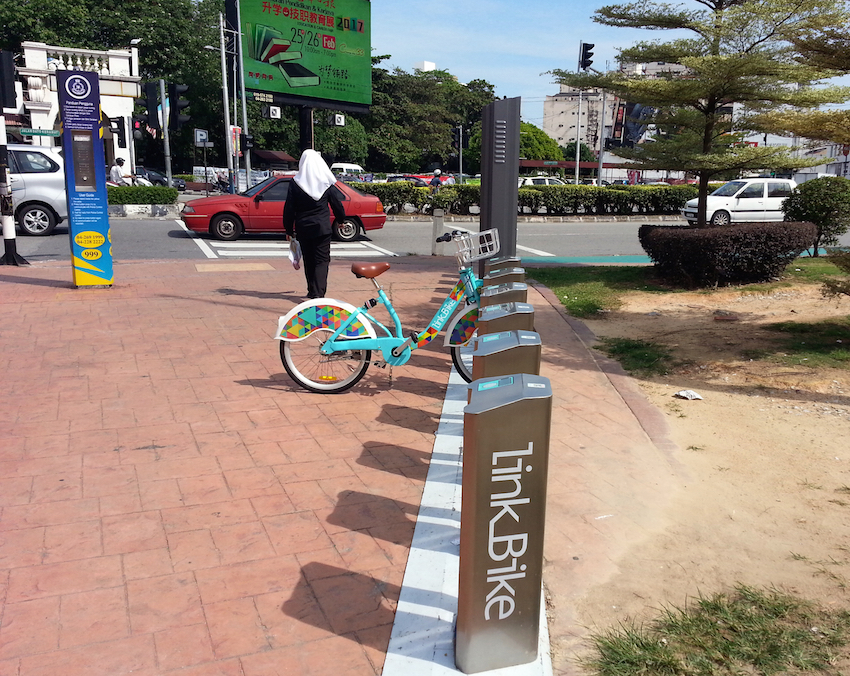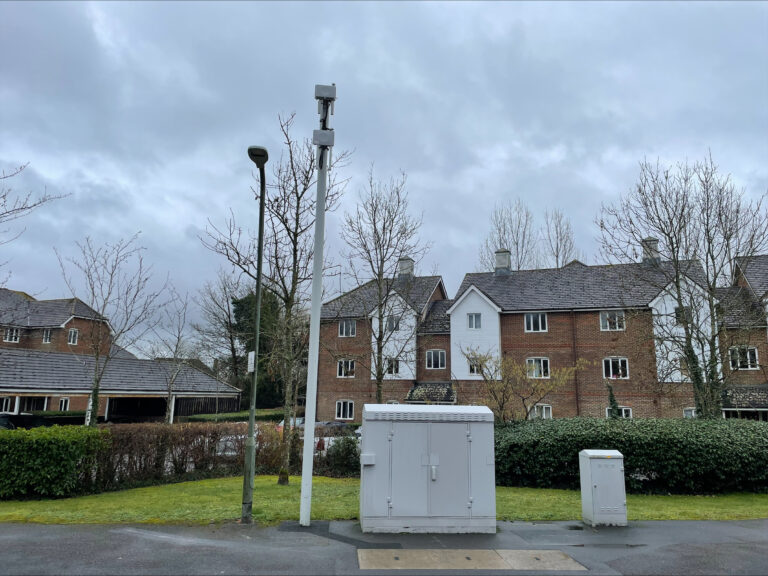
Photo: LinkBike_George_Town_Penang-1
Digitalisation of urban infrastructure to affect investment
06 May 2017
by Jonathan Andrews
Smart technology could transform private investors’ decisions on infrastructure projects in the next 15 years, participants at the Asian Development Bank’s 50th annual meeting in Yokohama were told on 4 May.
Keynote speakers from professional services firm PricewaterhouseCooper warned that the influence of digitisation in an age of rapid urban expansion will mean investors face increasingly complex decisions about how to invest in sustainable infrastructure projects.
“We thought we would stay away from digital. Unfortunately not. It will clash with bricks and mortar,” said Manish Agarwal, head of the infrastructure advisory practice for PwC India.
Agarwal referred to China’s ability to digitally create liveable structures–increasingly known as 3D-printed homes–as a sign new technologies are already impacting “the way construction is being done”. He further warned that other quickly emerging technologies, such autonomous vehicles, were functioning “in the here and now”. Dubai, he added, aims to make 25 percent of its cars driverless by 2030.
Over the last decade, first-year demand for private metro rail projects have proved to be less than 25 percent of the demand originally predicted. Agarwal said this trend of uncertainty around the demand for mobility infrastructure would likely intensify current challenges faced by private investors.
“In yesterday’s world, demand for public transport was unpredictable. Throw in all these challenges, and it becomes even more unpredictable,” Agarwal said.
To prepare for the road ahead, Agarwal said investors need to think about demand in the market “at a portfolio level”, rather than in terms of single projects. Investments in public transport managed by public transport agencies could, he argued, generate cash flows more predictably. However, increasing interconnectivity between smart vehicles, roads and pedestrian smart phones would make more common “aggregate projects” that incorporate the Internet of Things as a basis.
Agarwal told Cities Today investors remain concerned that emerging markets do not produce sufficient skilled labour applicable to both hardware and software infrastructure to secure investments. He also said the threat of cyber security could increase collective risk perception as physical human labour recedes from construction processes.
“As these issues get addressed, contingencies built into costs can be reduced, data from different sources would be consistent and reliable, and disputes would be fewer and easier to arbitrate on.”










